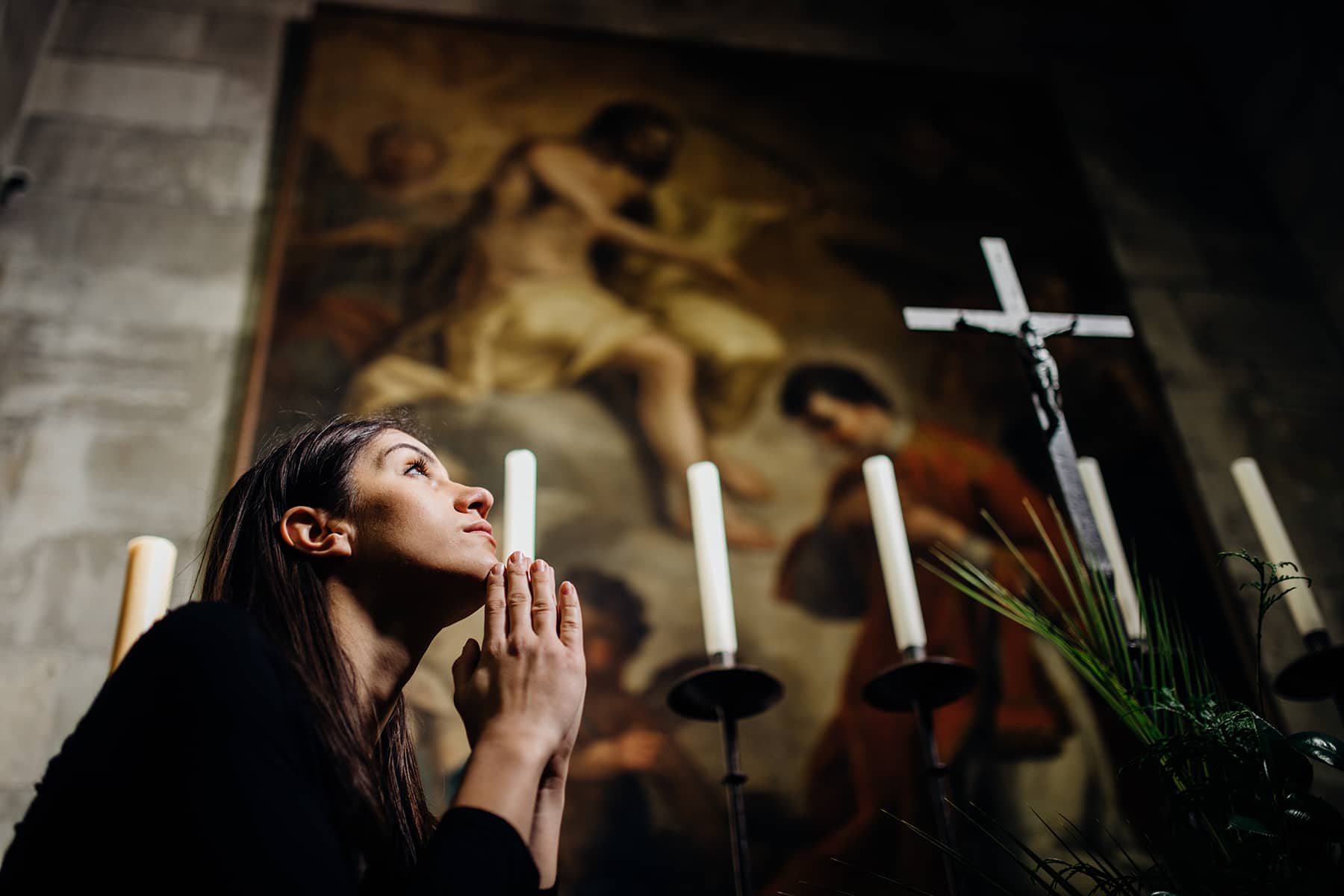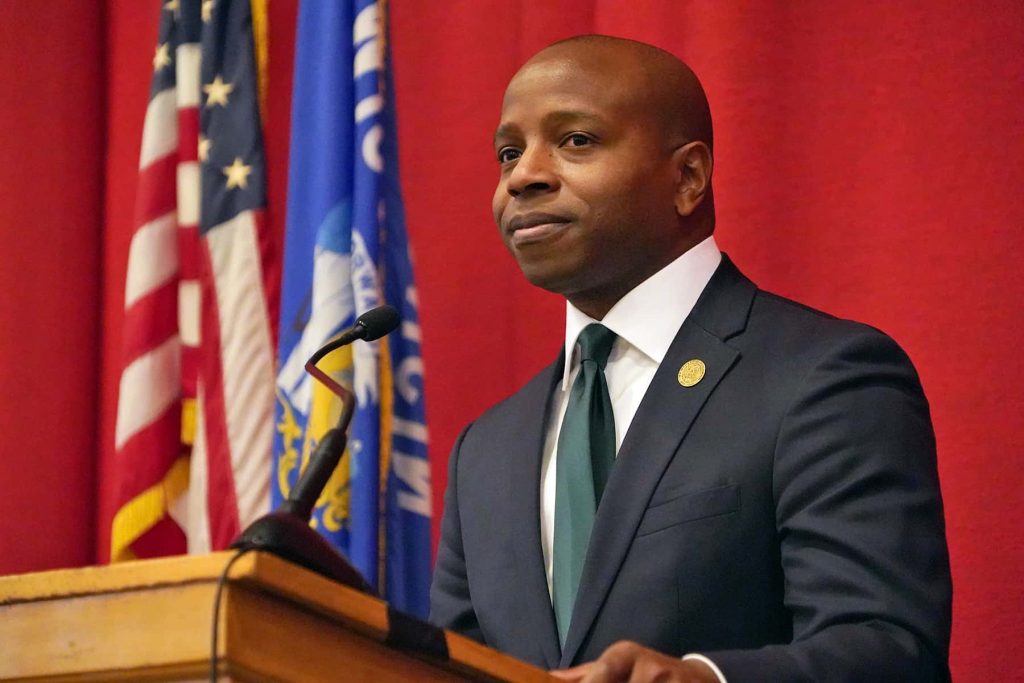
By Christine D. Gonzales-Wong, Assistant Professor of Counseling, Texas A&M-San Antonio
For the past few months, religion has never been far from U.S. headlines. The Supreme Court has overturned constitutional abortion rights. Congress is debating whether to codify protections for same-sex marriage. Courts have been asked to decide whether religious schools and business owners have to hire, serve or acknowledge LGBTQ members and organizations.
Meanwhile, the U.S. Department of Justice is investigating the Southern Baptist Convention after a consultant’s report revealed a history of sexual abuse and cover-ups – and new lawsuits alleging abuse in the Catholic Church continue to appear.
As an assistant professor of counseling who studies spirituality, I have seen how controversies like these can activate memories and symptoms of religious abuse. They can also be challenging for people who have not experienced abuse but have difficult relationships to religion – especially those who have seriously questioned or left their faith.
People may have built their world around a church or church leader, then discovered their trust was misplaced. They may have been pressured to participate in activities that went against their values, or felt blamed for their story of abuse, gender identity or sexual orientation. They may have been told to stop gossiping when they reported mistreatment.
Religious rejection can be especially painful if it seems as though it is not only a community rejecting you, but God. These experiences can evoke feelings of anxiety and depression – but there are steps you can take to begin healing.
Many kinds of questions
Therapy often helps people who are wrestling with aspects of their religious lives, whether or not they have experienced abuse. For example, people may reflect on the gender roles they were expected to perform, or why they were told not to question leaders’ decisions.
Some, especially evangelical Christians, refer to the process of rethinking their beliefs and religious identity as “deconstruction.” Deconstruction involves reflecting upon one’s beliefs, the way they were developed, and determining what values and beliefs one desires to maintain.
In cases in which people question their beliefs because of a painful experience, it can be difficult for them to separate their higher power from the people who hurt them through religious teachings and practices. In my experience as a counselor, I have observed individuals blame themselves; experience confusion about their faith, identity and place in the world; and wonder whether God abandoned them.
For some people, these experiences may result in leaving their faith. This process can be difficult, as family, friends and faith community members may disapprove of this decision, resulting in strained or severed relationships.
Recognizing abuse
Spiritual experiences become abusive when they include emotional or financial manipulation, physical or sexual abuse, discrimination, humiliation or mistreatment. The abuse may be systemic, and perpetrators may have used their authority or Scripture to defend their actions.
For some survivors, abuse can result in religious trauma, when they experience lasting symptoms. According to the latest revised edition of the diagnostic manual for mental health professionals, signs of a traumatic response include recurring dreams, flashbacks, avoidance of activities related to the event, negative beliefs about oneself and the world, feelings of betrayal or detachment from others and hypervigilance.
Counseling
If you believe you or a loved one may have experienced religious abuse or trauma, or are in the deconstruction process, it is important to consider how you can support your mental health and well-being, especially given the complex relationship between faith, identity and trauma. For example, if you have felt harmed in the name of a higher power, it is common to experience confusion or even an existential crisis, in which you might question your purpose and basic assumptions about the world.
First, seek professional help. Licensed professional counselors are trained to identify symptoms of abuse and trauma and can help you process experiences and create an action plan.
Religious communities often stigmatize mental health treatment and treat mental health issues as though they are purely spiritual. They may treat the decision to seek professional help as a sign of a lack of faith in God. However, going to counseling does not necessarily mean you have to abandon your beliefs at the door.
A licensed professional counselor should be able to incorporate your faith to whatever level you find helpful. However, not all mental health professionals are comfortable addressing religious issues in counseling – although there are efforts to improve this through training, ethical codes and updating professional competencies.
To see if prospective counselors can provide appropriate care, you can ask what experience they have integrating spirituality into treatment, and whether they have experience working with religious abuse or with issues that led you to question your religious identity.
Connection and community
Second, connect with others who are going through similar experiences. You may have been shamed for telling your story, or you may have left your religious community feeling alone and betrayed. You are not alone.
Religious trauma support groups like Sacred Wilderness and Reclamation Collective can connect you with others who can identify with your experiences, online or in person. If you are not ready to share, you can read about the experiences of others on Twitter, with hashtags such as #ChurchToo and #ReligiousTrauma, or listen to a podcast like “Bodies Behind the Bus.” However, if you find that your symptoms worsen reading these experiences, take a break.
Finally, find community outside of religion. If you decided to leave your house of worship, you may be grieving that loss of community, and a sense of connection is crucial to mental health. Individuals in isolation have higher levels of anxiety and depression, weakened immune systems and even higher risk of early death.
Community means finding people where you can connect with others authentically and encourage one another. This can come from fitness groups, book clubs, art classes or other interest groups. Take the opportunity to explore what you are curious about and learn more about yourself – and know that recovery is possible.
If you live in the U.S. and are in immediate crisis or having suicidal thoughts, you can call or text 988 or go to 988lifeline.org/chat/ to chat with someone 24/7. Outside the U.S., you can visit findahelpline.com to find support.
Еldаr Nurkоvіc
Originally published on The Conversation as When you’re questioning your faith after being hurt by your religious community, here are 3 ways to cope
Support evidence-based journalism with a tax-deductible donation today, make a contribution to The Conversation.













